July 28, 2025
After months of uncertainty, the shape of North Carolina’s high-stakes 2026 U.S. Senate race is finally coming into focus.
For a time, major contenders from both parties kept their plans close to the vest, leaving party leaders and strategists guessing. But this week brought decisive moves from both sides.
On Monday, former Gov. Roy Cooper (D) officially announced his candidacy, giving Democrats their biggest recruiting win of the cycle.
Meanwhile, Lara Trump (R) — presidential daughter-in-law and a heavily speculated contender — announced she would not enter the race. Her decision quickly cleared the path for Republican National Committee Chairman Michael Whatley (R), who wasted no time declaring his own candidacy. Just as swiftly, he received a high-profile endorsement from former President Donald Trump (R).
With those developments, what had been a murky picture now appears clear: the 2026 North Carolina Senate race will likely feature Cooper vs. Whatley in one of the nation’s most competitive and closely watched contests.
One final piece fell into place this morning. Former U.S. Rep. Wiley Nickel (D), who had launched a Senate bid after announcing he would not seek re-election to the House due to redistricting, officially suspended his campaign and endorsed Cooper — removing the last major potential hurdle for the former governor’s path to the nomination.
The 2026 Senate race promises to be close, as are most statewide races in North Carolina. From the 2016 election through 2024, a total of 36 statewide campaigns were conducted from President to Superintendent of Public Instruction.
Republican candidates won 23 of those elections and Democrats’ 13, and two of the latter were Mr. Cooper’s close victories for Governor. Calculating the mean average for the 36 campaigns, the Republican candidates attracted 50.4% of the vote, while Democratic candidates recorded 48.3%.
Mr. Cooper won six Tar Heel State campaigns, four as Attorney General (2000 through 2012) and two for Governor. In his pair of chief executive contests, 2016 and 2020, Mr. Cooper averaged 50.2%. In 2016, he won with 49% of the vote unseating then-Governor Pat McCrory (R), and four years later secured re-election against then-Lt. Governor Dan Forest (R) with a 51.5% tally.
Michael Whatley, an attorney, was appointed RNC chairman after President Trump’s renomination in 2024. Previously, he served as chair of the North Carolina Republican Party and as a chief of staff to then-Sen. Elizabeth Dole (R-NC) among other political positions. It had been presumed that Mr. Whatley would enter the open Senate race after incumbent Thom Tillis (R) announced that he would not seek a third term. That is, presuming Ms. Trump would ultimately decide against running.
While prognosticators are giving Mr. Cooper at least a slight early edge, which is reasonable considering the Democrat has won six statewide races and the Republican has never been on the ballot, the overall statistics over the previous eight year period as shown above, provide the Republicans with a slight cushion.
One thing is for certain: the impending Senate race will be the most expensive in North Carolina electoral history. In 2022, then-US Rep. Ted Budd (R) defeated former state Supreme Court Chief Justice Cheri Beasley (D) in an open contest even though he was outspent $39 million to $16 million when comparing the two candidates’ campaign committee reports. Outside spending, however, allowed Mr. Budd to close the gap. Republican outside group allies poured in just over $75 million into the campaign as compared to Democratic allies spending $30 million. Expect all of these financial numbers to be eclipsed in 2026.
This race is now officially on, and we can routinely expect a great deal of national attention being directed toward the Tar Heel State over the next 15 months.

